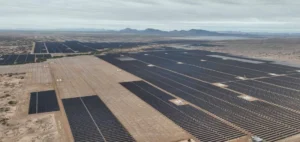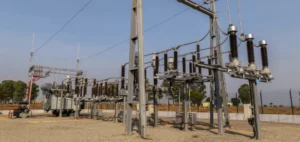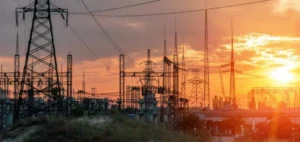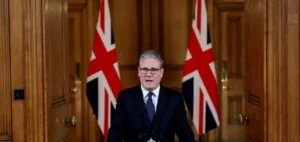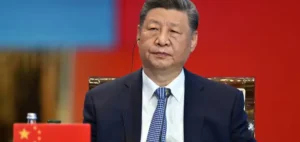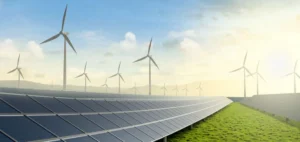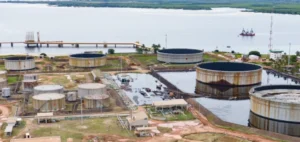Germany could face a cumulative cost of €5.4tn ($6.3tn) for its energy transition by 2049, according to a study commissioned by the Deutscher Industrie- und Handelskammertag (DIHK), the Association of German Chambers of Industry and Commerce. This amount includes investments needed to modernise the power grid, import energy, and decarbonise the entire energy system.
An economic burden for businesses
The current strategy, which aims to cover 80% of electricity needs from renewable sources by 2030, comes with costs deemed excessive by the DIHK. Its President, Peter Adrian, warned that “the energy transition cannot succeed with current policy,” adding that it risked driving energy-intensive industries abroad and weakening Germany’s economic base. Despite steady growth in wind and solar capacity, electricity prices remain among the highest in Europe.
Annual investments to rise sharply
The study, carried out by consulting firm Frontier Economics, estimates that annual investments in energy, industrial infrastructure, buildings, and transport will need to rise to between €113bn and €316bn by 2035, compared with an average of €82bn between 2020 and 2024. Between 2025 and 2049, total energy system costs are projected between €4.8tn and €5.5tn, including up to €2.3tn for energy imports and €1.2tn for grid infrastructure.
Towards a more coordinated and flexible approach
The report calls for a strategic shift towards greater cost efficiency and stronger international coordination. Key measures include strengthening carbon trading, lighter regulation, and using existing gas networks to transport hydrogen and decarbonised gas. According to the authors, such adjustments could generate up to €910bn in savings by 2050.
The study also notes that easing carbon neutrality targets could reduce overall costs by more than €1tn, highlighting the economic implications of future government choices.




